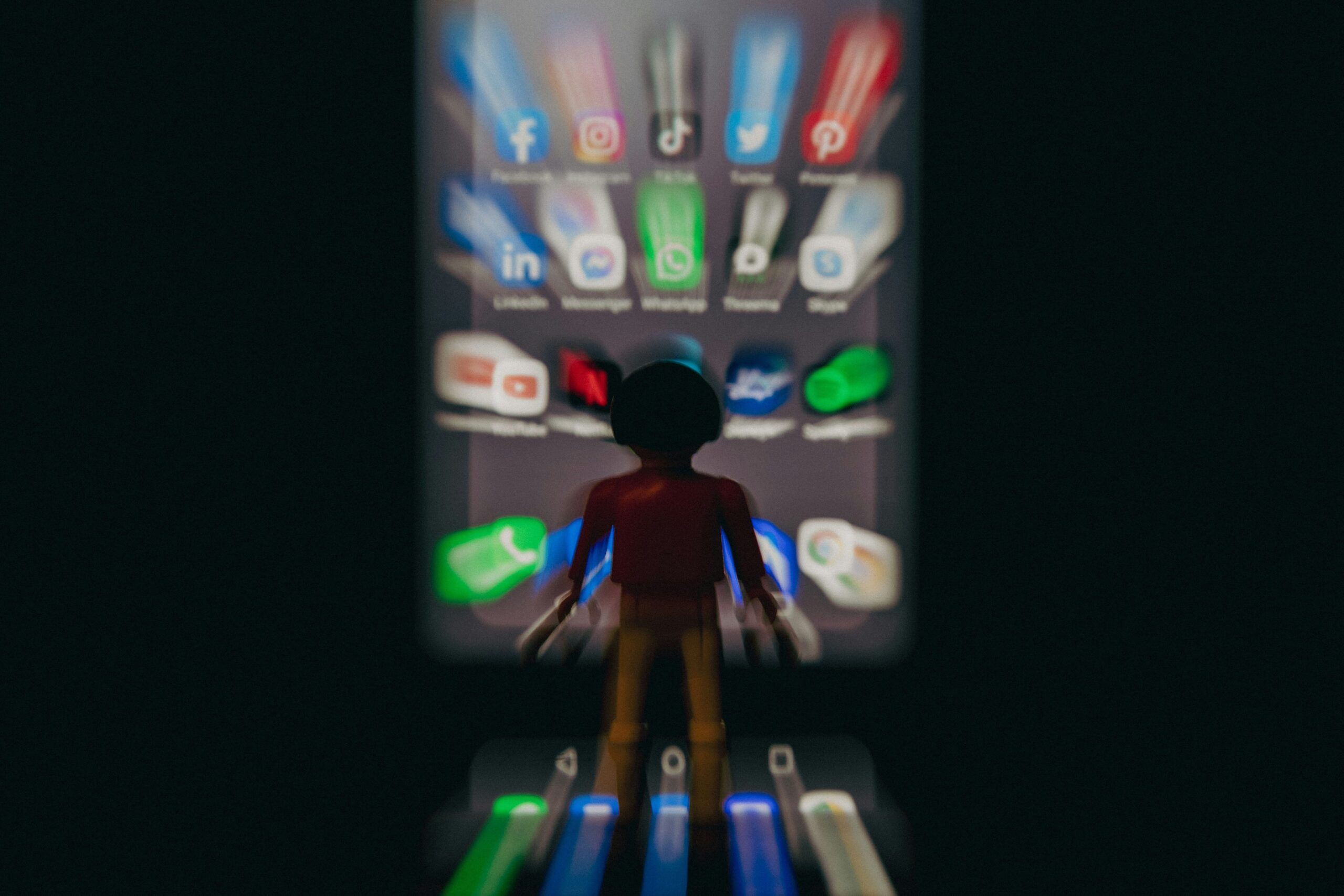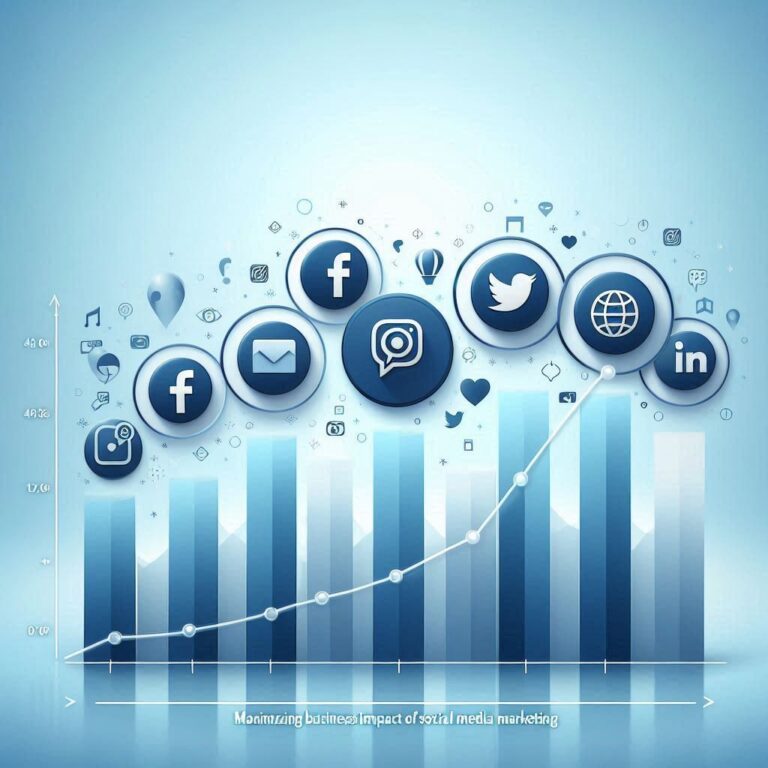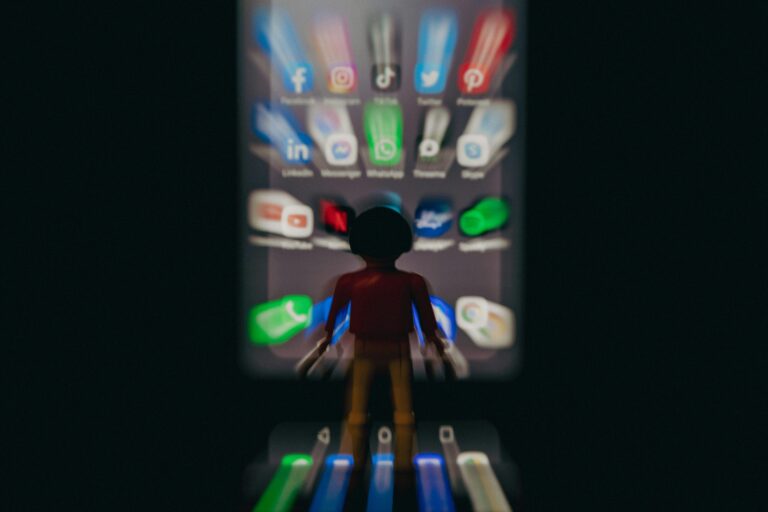
Do you wonder how to quit social media in 2024 and beyond? Social media is not inherently good or bad for you. It is your usage and interaction that decide whether it is good or bad for you. You have to understand the pros and cons of social media, evaluate your usage, and understand their impacts on you.
If you find your usage to be generally harmful and have more negative impacts than positive, you might decide to quit. You can limit your time on social media, limit how you use it, or completely stop using it. This article will guide you through quitting social media.
Contents
- 1 Should You Quit Social Media?
- 2 What Are The Pros and Cons of Social Media
- 3 Disadvantages of Quitting Social Media
- 4 Benefits of Quitting Social Media
- 5 Evaluating Personal Usage
- 6 Understanding the Impact of Social Media
- 7 Making the Decision
- 8 Life After Social Media:
- 9 Reclaiming Time
- 10 Considering Alternatives
- 11 Offline Connections
- 12 Conclusion
- 13 Frequently Asked Questions
- 13.0.1 What are the disadvantages of quitting social media?
- 13.0.2 How does life change after quitting social media?
- 13.0.3 What are the pros and cons of quitting social media?
- 13.0.4 Can quitting social media lead to increased happiness?
- 13.0.5 Is it healthier to live without social media?
- 13.0.6 At what point should one consider quitting social media?
Should You Quit Social Media?
Social media has undeniably transformed how we interact with each other. Billions of people engage on platforms like Facebook, Twitter, Instagram, Reddit, and TikTok daily. It has become an omnipresent facet of our modern, contemporary life.
Should you quit social media is not a straightforward question with a simple yes or no answer. Like everything else in life, social media also comes with both positives and negatives. The decision to quit will be unique to your circumstances and affected by various factors.
What Are The Pros and Cons of Social Media
Social media offers various advantages such as connecting us with friends and family. It provides avenues for self-expression, knowledge of global events, etc. It also enables participation in social and political movements.
Conversely, it also has its potential downsides, including adverse effects on mental health, addiction, cyberbullying, proliferation of misinformation, etc.
Disadvantages of Quitting Social Media
Despite the drawbacks, social media has notable benefits. You have to consider these benefits before quitting social media
Networking Opportunities
Social media offers serious networking opportunities. Platforms like LinkedIn, Facebook, and Twitter enable global connections, fostering professional networks that can significantly aid your career.
Access to Information
Social media provides access to large amounts of information. You can follow news outlets, experts, and thought leaders, keeping yourself updated with the latest developments in your field. You can plan your career path or start a personal project with just a few clicks.
Joining online groups and communities can also facilitate learning and connection with like-minded individuals. This is more valuable when it is difficult to connect with those individuals in real life.
Benefits of Quitting Social Media
Social media also presents significant risks. You have to consider these potential drawbacks before quitting social media
Privacy Issues
Privacy is a concern. Social media platforms often collect personal information to use for targeted ads. Companies can also sell them to third-party advertisers.
They also track your online activity, posing further privacy risks. Adjusting privacy settings and being mindful of the information shared online can mitigate these risks.
Mental Health Risks
Studies have proven that excessive social media use can lead to mental health issues. It is likely to cause anxiety, depression, and low self-esteem. The constant comparison to others can lead to feelings of inadequacy and FOMO. Limiting social media use and curating a positive feed can help alleviate these effects.
Evaluating Personal Usage
When thinking about whether to quit social media, scrutinizing your usage is the first step. It involves critically assessing the time spent on social media and your interaction with the content.
Time Spent on Platforms
Tracking your time on social media platforms is a good start. Most social media apps have tools that help monitor usage. For instance, Facebook and Instagram have “Your Activity” that shows your daily usage and allows for setting daily limits.
There is a saying that goes too much of anything is good for nothing. Social media is a good inclusion in our day-to-day lives. However, excessive use can harm mental health and productivity. By tracking how much time you spend on social media, you can decide whether to reduce or quit.
Content Interaction
Evaluating how you interact with content is equally important. You should reflect on the types of posts you engage with and their emotional impact on you.
Doomscrolling is a real thing. If you are continuously scrolling through negative news it might be time to reconsider your usage. Doomscrolling or doom-surfing can be addictive. Also, if you are constantly engaging in online arguments, it can have negative impacts on you.
Conversely, using social media to connect positively with friends and family or stay informed could still be valuable. They positively impact your life, but there are considerable disadvantages to quitting social media.
Understanding the Impact of Social Media
Social media integration into modern life is profound, at least. It has revolutionized communication, socialization, and information consumption. Despite its many benefits, there are significant drawbacks. Let us see the various impacts of social media.
Psychological Effects
Social media has a substantial psychological impact. It can heighten feelings of anxiety, depression, and loneliness. Research indicates that heavy social media users report elevated FOMO (fear of missing out) and decreased life satisfaction[1].
Moreover, social media can be addictive, leading to compulsive usage and a lack of time control. You might be scrolling on those feeds for hours together without realizing it.
Social Dynamics
Our relationships can also suffer due to social media. It can evoke feelings of envy, jealousy, and social comparison. However, most of the time, it does not happen due to solid reasons. These feelings will be caused by content creators trying to portray their lives as being perfect when their realities might not be.
Additionally, it can foster a false sense of intimacy, making us feel connected without genuine interaction. You might lose yourself in a comment thread, pouring your heart out online instead of having a conversation with someone in real life. Furthermore, social media can be a breeding ground for cyberbullying and harassment.
Productivity Concerns
Productivity is another area impacted by social media. It can be a significant distraction, promoting procrastination and a lack of focus. The constant influx of news, notifications, and updates can lead to information overload, causing confusion and anxiety. Not to mention, social media is also notorious for spreading misinformation and fake news.
Making the Decision
Deciding to quit social media is complex and requires careful consideration of your goals and alternatives. You have to evaluate what are the benefits of quitting social media for you.
Setting Goals
First, establish clear goals for why you want to quit social media.
Ask yourself why you want to quit social media.
Do you feel you are spending/wasting a lot of time on it? Are you aiming to improve mental health, reduce distractions, or boost productivity? Do you think social media is getting in your way?
You can set goals like
- Reducing your time on social media
- Focusing on more productive tasks (school/college work, activities that enable professional improvements, etc.)
- Doing more physical activities (hitting the gym, going out for a walk, etc.)
- Other goals you want to achieve.
Setting clear goals upfront will keep you focused and motivated.
Implementing a Digital Detox
Have you decided to take a break?

Once you decide to quit social media, you can do it in two ways: gradual reduction and total abstinence.
Gradual Reduction
You can gradually ease into digital detox by limiting your social media usage. For example, checking once daily or for a limited time. Additionally, unfollowing negative accounts and turning off notifications can also help.
Set screen time restrictions on your phone (iPhone/Android), specifically to set time limits for social media apps. Your phone might ask you to set a password for it. Ask a trusted friend/family member to set up the password and not disclose it to you under normal circumstances.
Total Abstinence
For a complete break, consider deleting or deactivating your social media accounts temporarily. This drastic step can help you take a break from social media and reduce the habit of constantly checking. It will help to refocus your time and energy.
You will feel the urge to open your phone and check social media constantly. Your fingers will automatically go to where those social media icons were once on your screen. You will quickly be surprised how many times you do this. If you are not able to keep your hands off your smartphones, you might have to take an extreme step towards getting rid of your smartphone altogether.
Consider placing any other app in your social media apps. You may consider a fitness app, meditation app, e-book reader, etc.
Another less drastic way is to keep your phone (or the device you use social media on) physically far away from you. How often your hands automatically reach for the place where you usually keep your phone may surprise you. We are creatures of habit, after all. You can also just delete the app and not the account itself.
You can install Cold Turkey or similar website blockers on your browser. This will have the same effect as deleting social media apps from your phone.
You can find more ways to quit social media here.
Life After Social Media:
Do you wonder what life will look like post-social media?
Reclaiming Time
An empty mind is the devil’s workshop. Quitting social media frees up substantial time. Before quitting, plan what you will be doing in all your free time.
The average person spends more than two hours per day on social media. Imagine reclaiming those hours for reading, walking, spending time with loved ones, or pursuing personal projects.
Considering Alternatives
Quitting social media does not mean quitting all online communication. Alternatives like email, texting, or phone calls can maintain connections. Online communities centered around your interests can also replace some social media functions.
Offline Connections
Without social media, your offline relationships can deepen. More time and energy can be devoted to meaningful interactions, fostering strong connections. However, be sure you are not overstepping your boundaries with other people with your newfound freedom. One of the disadvantages of quitting social media is feeling isolated. This can be offset by having real connections.
Conclusion
By evaluating your social media usage and understanding its impact, you can decide if you should quit social media.
In Kispedia’s opinion, the real power comes not when you are quitting social media. It is when you are able to reclaim your control over it. That is, you can be a part of all the social media sites you like and use them without them getting in your way. You can use them for your advancement and the benefit of society.
Frequently Asked Questions
Quitting can lead to feelings of isolation and disconnection from social media-using friends and family. Additionally, staying informed about current events may become challenging. Many employers use social media for recruitment, which could limit job opportunities.
Life can become liberating. You will have more time for your hobbies and interests. You can develop deeper connections with those around you. You may experience greater mental clarity and reduced stress.
The pros include increased privacy, more time for other activities, and improved mental health. The cons involve feeling disconnected, missing out on trends, and limited job opportunities.
For some, yes. Reduced social media time can lessen stress and anxiety, making you feel more present and connected in daily life.
For some people, living without social media can be healthy. It can reduce stress and anxiety, and foster deeper real-life connections.
Consider quitting if it negatively impacts your mental health and your daily life, when you are not able to control the amount of time you spend on social media, and, when it consumes more time than other valuable activities.


